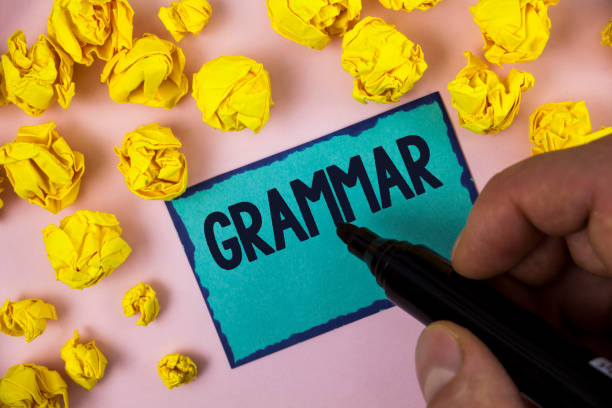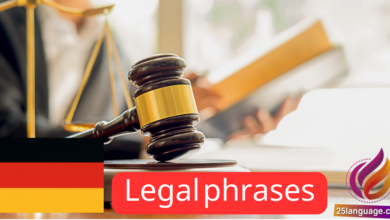Classifying verbs in German

Classifying verbs in German.Verbs are the backbone of language, depicting events, actions, and states. Classifying verbs is a significant step towards a profound understanding of language structure and its multifarious functions. By categorizing verbs into specific groups according to their characteristics and functions, we can analyze and construct sentences more effectively and comprehend intended meanings more precisely.

Explanation about Classifying verbs in German
In German, verbs are classified based on several criteria, such as:
- Regularity:
- Regular Verbs (Regelmäßige Verben): These verbs follow a consistent conjugation pattern in the present, past, and perfect tenses.
- Irregular Verbs (Unregelmäßige Verben): These verbs do not follow a consistent pattern, and their stems can change in the past tense and past participle.
- Transitivity:
- Transitive Verbs (Transitive Verben): These verbs require a direct object to complete their meaning (e.g., lesen – to read, schreiben – to write).
- Intransitive Verbs (Intransitive Verben): These verbs do not require a direct object to complete their meaning (e.g., gehen – to go, laufen – to run).
- Reflexivity:
- Reflexive Verbs (Reflexive Verben): These verbs need a reflexive pronoun to indicate that the subject and the object of the action are the same (e.g., sich waschen – to wash oneself).
- Separability:
- Separable Verbs (Trennbare Verben): The prefixes of these verbs separate and move to the end of the clause when conjugated (e.g., aufstehen – to get up).
- Non-Separable Verbs (Nicht trennbare Verben): The prefixes of these verbs do not separate when conjugated (e.g., verstehen – to understand).
- Modality:
- Modal Verbs (Modalverben): These verbs express ability, necessity, permission, or possibility (e.g., können – can, müssen – must).
Examples for using Classifying verbs in German
| Classification | German Term | Example Verb | Example Sentence | English Translation |
|---|---|---|---|---|
| Regular Verb | Regelmäßige Verb | spielen | Ich spiele Fußball. | I play football. |
| Irregular Verb | Unregelmäßige Verb | sehen | Ich sah einen Film. | I saw a movie. |
| Transitive Verb | Transitive Verb | lesen | Ich lese ein Buch. | I am reading a book. |
| Intransitive Verb | Intransitive Verb | gehen | Ich gehe in den Park. | I am going to the park. |
| Reflexive Verb | Reflexive Verb | sich waschen | Ich wasche mich jeden Morgen. | I wash myself every morning. |
| Separable Verb | Trennbare Verb | aufstehen | Ich stehe um 7 Uhr auf. | I get up at 7 o’clock. |
| Non-Separable Verb | Nicht trennbare Verb | verstehen | Ich verstehe dich. | I understand you. |
| Modal Verb | Modalverb | können | Ich kann Deutsch sprechen. | I can speak German. |
Finally,verb classification also unveils the linguistic diversity and richness languages bear and sheds light on the relationships between different forms of expression and meaning. By knowing these classifications and how to utilize them, we can improve our linguistic skills and elevate our ability to express and communicate.



























